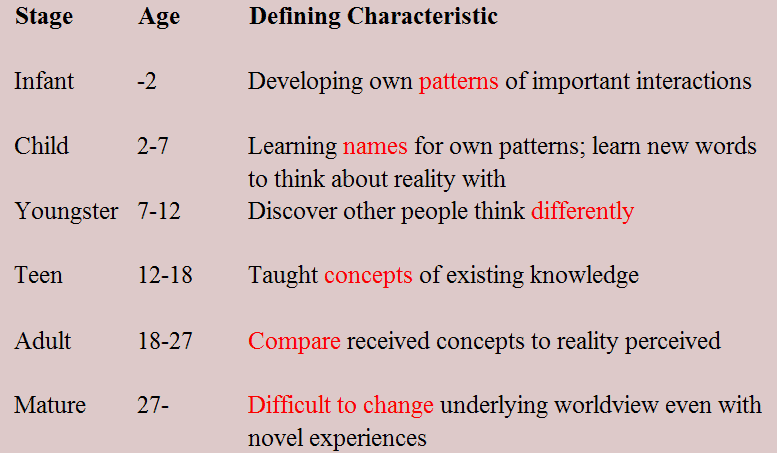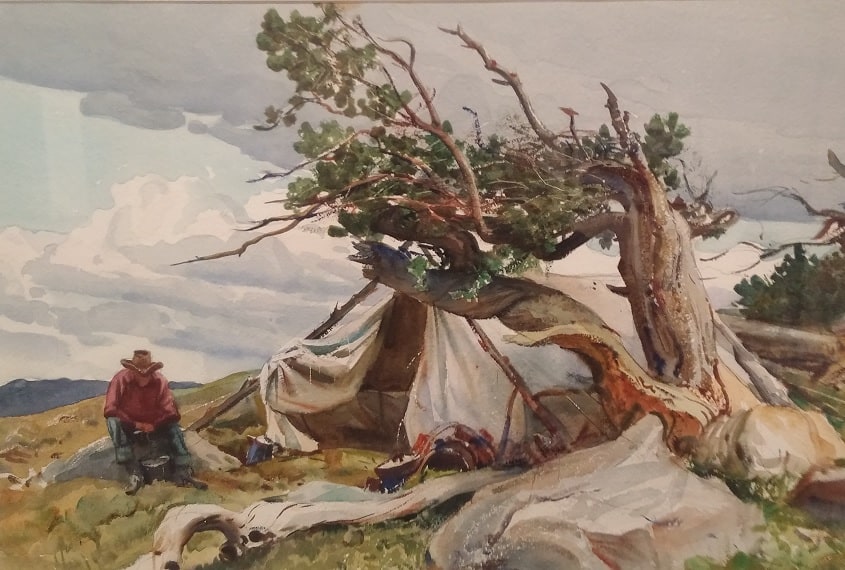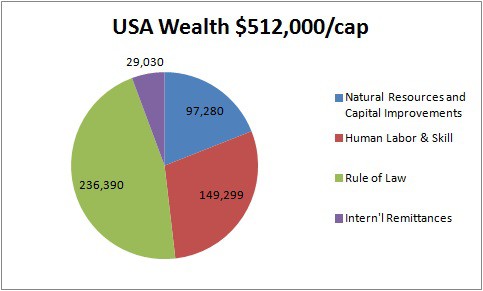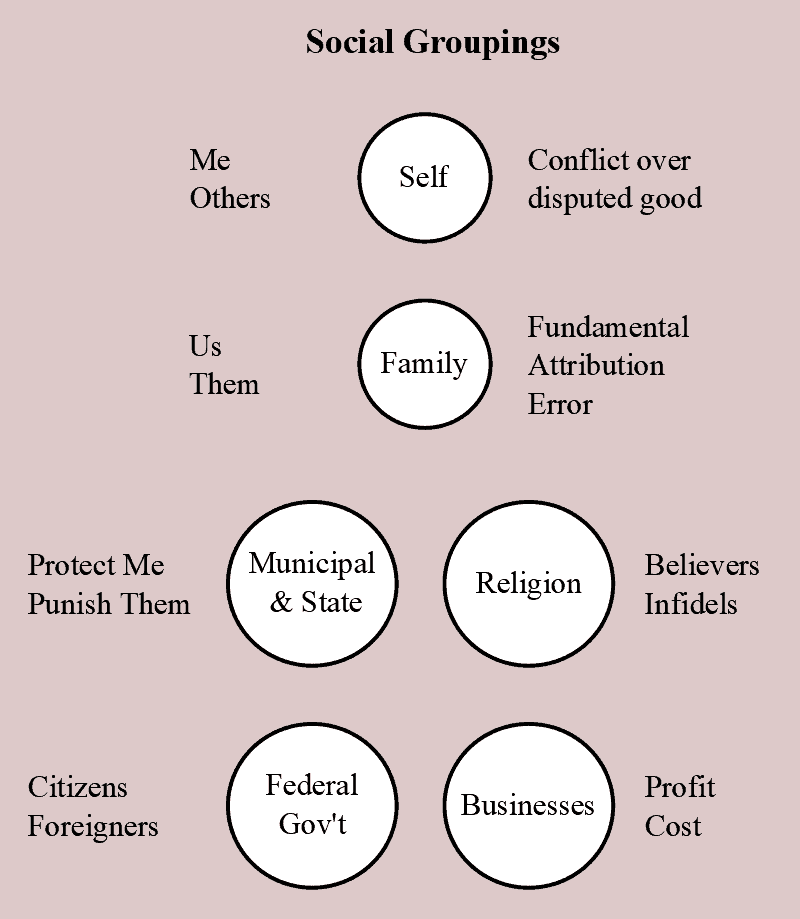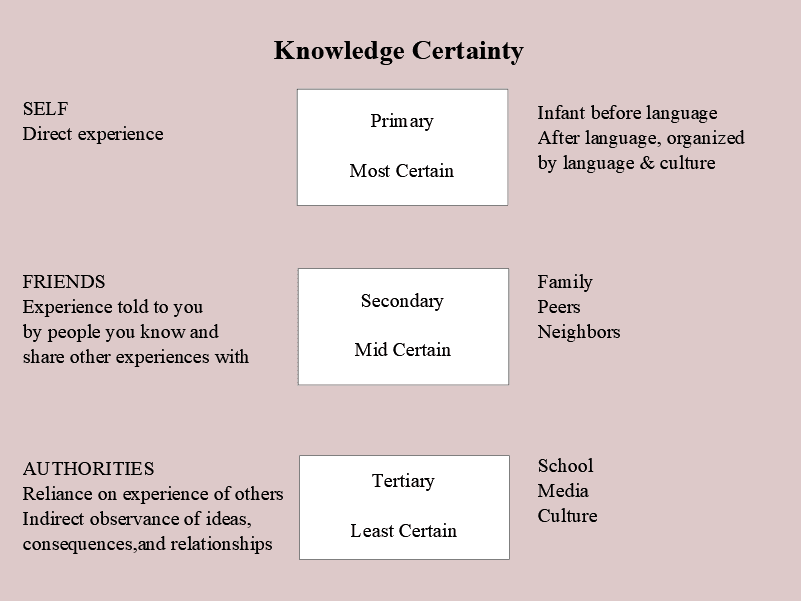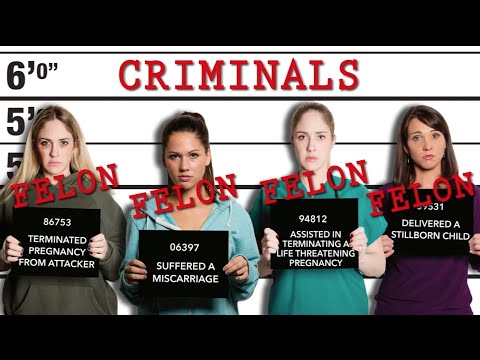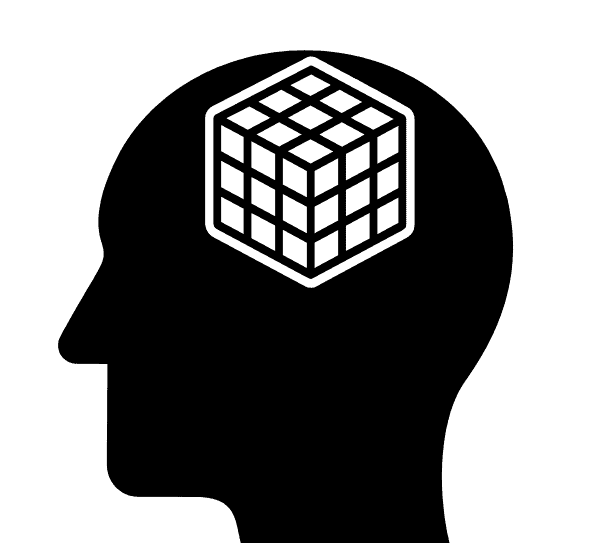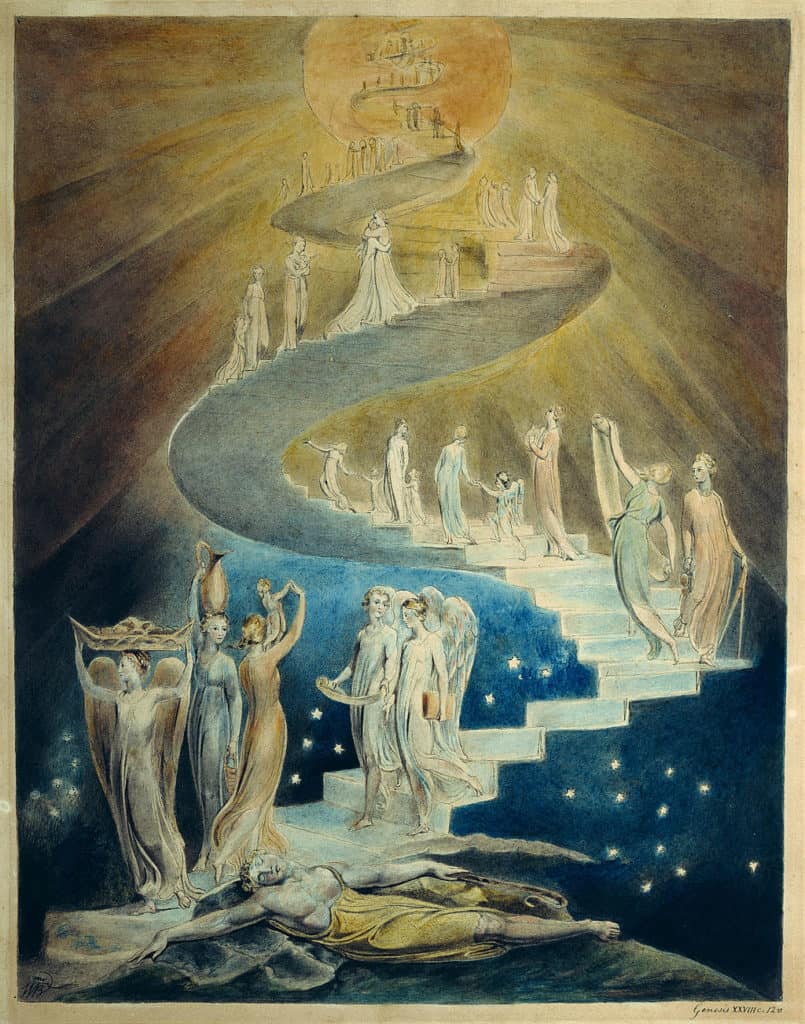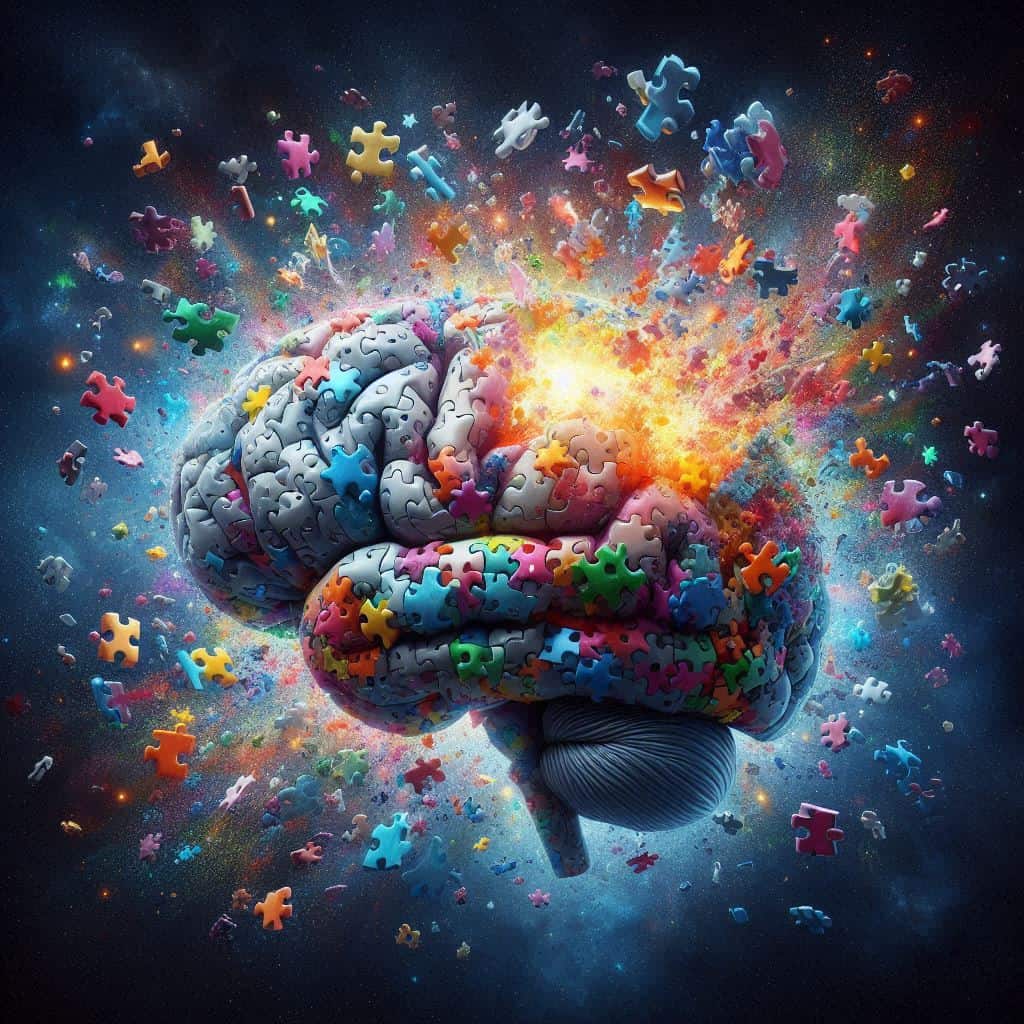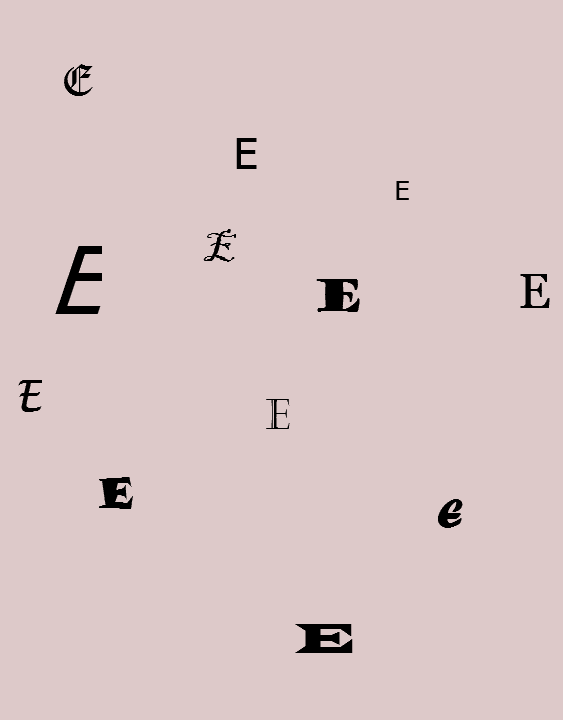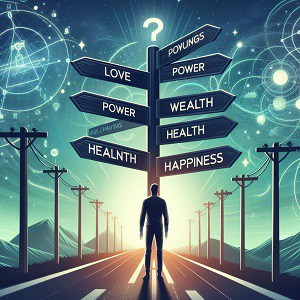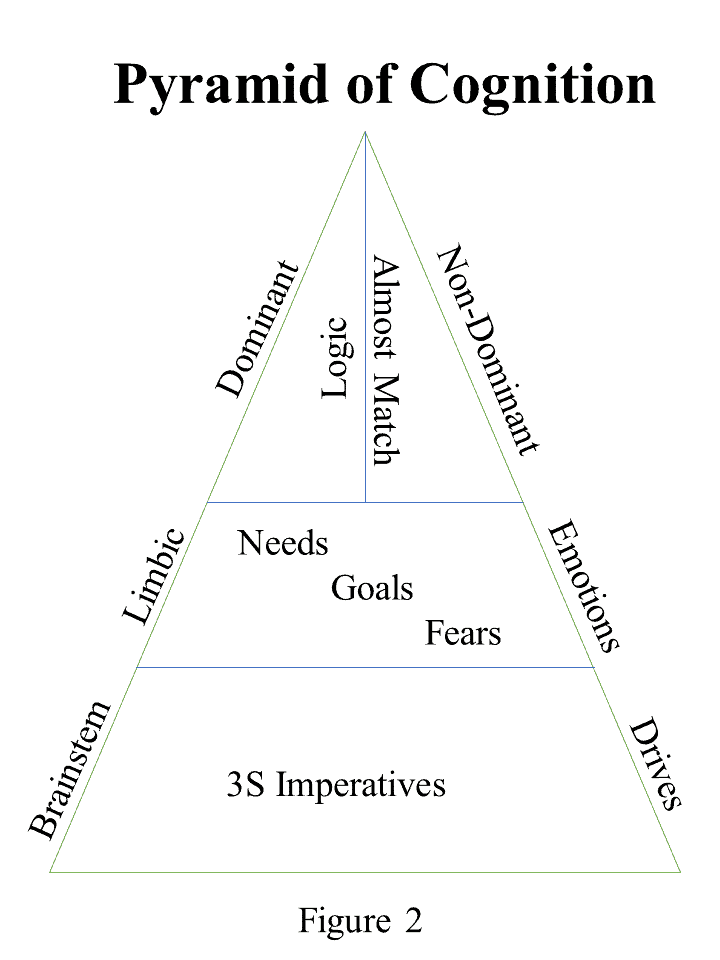A Person Meets Society
Individual Demands Meet Cultural Norms and Laws
In the theory of thought developed in the Almost Neural Gate, a person inductively acquires societal norms atop personal needs, desires, and fears. Almost Matching is a natural, inductive neural phenomenon that acts in distinct stages across the brain and through the years until mid to late 20s of their life. Logic becomes a learning tool during school years.
Learning starts with an increase of Gamma-aminobutyric acid, GABA, which sharpens our ability to discern separate patterns and completes with GABA declining and myelin sheaths wrapping axons to quickly communicate their result to other brain modules. This marks the modules’ shift from learning to communicating its learned categories.
Broad life stages are infancy when a person discovers their place in the nuclear family. Then toddlers discover language and youths meet peers and interact in local communities. Once puberty starts, social and sexual behaviors emerge, along with broadening academic lessons. Finally, with intellectual maturation, one’s conscious mind—logically as well as emotionally—weighs our choices.
(Click on images to see fuller treatment of the idea. The end notes also contain links to posts that expand on topics gathered here.)
Personal Desires Crash into Society’s Rules
Left to our own interests, we would decide based on personal desires, but we are members of societies with rules and behavioral norms. We are members of families, communities, and countries. Conflicts arise between individual wishes and societal constraints.
For example, euthanasia. Some people are in so much pain they want to die, yet many societies label that choice as bad, evil, or wrong. Another conflict related to bodily rights occurs when an individual wants to self-administer recreational drugs in their own home, yet society laws forbid it. Even when only the individual is affected by the choice to use drugs, the police and courts can declare that choice a crime.
Another conflict arises about ownership of private property. In the United States. private property is supposed to be inviolate, but using eminent domain, governments can force a person to yield their property for the greater good of society.
A final example is abortion rights. This hot button issue pits the rights of the mother and against the rights of the unborn protected by society.
Effect of Society on A Person
Working alone, a person can fight against nature, but working together, each with our own particular strengths, we have mastered many environmental challenges. Gathering food and preserving our life are no longer tasks that consume ninety-nine percent of our energy and attention. For that, we can thank society.
Unfortunately, not everyone abides by laws, disrupting our harmony. Fortunately, broken rules occur as a small fraction of myriad laws, beliefs, holidays, rituals, and behaviors that form society.
Societies exist because wider satisfaction of shared desires is achieved by coordinated work among its members. But there is a cost, restrictions on individual pursuit one’s sole interests. Our individual needs, desires, and fears are channeled into a sanctioned set of behaviors and social mores that allow us to satisfy many basic imperatives. Laws enforce compliance on significant societal rules.
Layers of Society
Each of us exist in many societal layers. Family, extended family, neighborhood, religious house, school, local community, businesses, state, and federal governments. You can surely add other layers. They are typically focused on different aspects of behavior and enforce different standards, which can sometimes conflict.
One layer may forbid actions we would like to take. Consider embellishing a story about a family member to make it funnier by stating the person didn’t make a wise decision. In the family group, one would be chastised as being unfair. Surprisingly, outside the family, others would not know of the embellishment and may applaud the story. Would you abide by the family’s moral code and lose the applause of others?
Another example of conflicting rules. Business owners want to minimize their costs to maximize their profits, but government rules and regulations require that they not substitute dangerous ingredients in their products even if they are cheaper and would increase the company’s profit.
Layers Learned at Different Ages
We learn about these various layers, not just by exposure, but by the body physiologically preparing us to learn from the experiences and then shutting off the GABA in that area of the brain while sealing the axon message carriers to mark the end of that cortical area learning. This learning process proceeds from vision to hearing to bodily movement to long-term memory formation (about age 5) until the final myelination in the executive areas of the prefrontal cortex finishes in the mid to late 20s.
The layering of learning and knowledge gives rise to different levels of certainty (personal experience, friend’s experiences, and authority’s experiences) about learned information.
Balance of Rights
So far, this has been a description of how a person’s worldview learns and incorporates culture and society’s norms. Let me offer a few questions on the balance between personal and society’s rights.
When society and individuals conflict on decisions, should society always triumph? Should the individual? Is there a rule or deciding criteria that would separates disputes into those society always winds and others that an individual can follow their own basic conscience? Is there somewhere a happy medium?
For governmental layers, Thomas Jefferson said it best. The government that governs best… governs least.
E Pluribus Unum
The logo of the United States is “Out of many, one.” Society in the United States is composed of an immense variety of people, religions, and cultures. Following Jefferson and our motto, we should strive for the subset of rules that all citizens agree upon.
Thankfully, such shared basic principles exist. Prohibitions common among all groups are:
- Causing bodily harm to others
- Stealing
- Lying
- Forcing others to do things against their will
Some groups, like those based on criminal activity or dedicated to overthrow of the constitutional government, have their views excluded from this consideration.
Our country has a good framework in place for these fundamental shared values. Not perfect, but pretty good. Although murder is universally condemned, self-defense is a justifiable reason, while state execution of mass murderers is a lamentable punishment.
However, the US goes overboard, legally and socially, outlawing what does to oneself and on prescribing what are legitimate marriages. If an act doesn’t harm anyone else (bodily or fiscally), then there should be no law forbidding it. For example, bisexual, transsexual, gender identity, non-traditional marriages—I don’t understand them—but their choice doesn’t hurt anyone, so it should be allowed. Of course, if there’s force involved, that’s breaking existing laws and would be punishable for the harmful act, not for the sexual preference.
Politics in this life and religion preside in different spheres. Government should be that set of laws, rules, and regulations that inhibit the most people with the least restraint in the public sphere. Religious morals control in the religious sphere, but not in public life. Anti-abortion laws spring to mind.
Culture
People are not merely the sum of their genes and their personal experiences. Culture is a tremendous influence on how we organize the world we experience and respond to. Our personalities are significantly altered by the social norms developed by our cultural ancestors. These secondary and tertiary influences expand the concept of nurture from personal experience into culturally organized worldview.
More Information
Almost Gate Inductive generalizations from partial information guides thoughts before words and exact logic get involved.
Development to Adult Mind Our genetics stages the ages at which we are capable of learning in different parts of the cortex. Knowledge is layered upon earlier learning.
Culture Origins Culture has removed many challenges from our day-to-day existence.
nature-nurture Culture is nurture pre-categorized for us.
Economic Value of Civilization Private property, an equitable legal system, and solid institutional support contribute more to wealth than do ores underground, fish in the ocean, and crops in the fields.
Fundamental Attribution Error: A Real Impact
Personhood at Conception Are stillbirths murder until proven otherwise? Can bartenders be accessories before the fact if a woman miscarries?
Morality Absolute or Relative Both. Personal experiences lead to relative, descriptive morality, while society dictates an absolute morality, enforced by norms and laws.
Citation
Painting. Figure 1 Odgen Pleissner. “Solitary Cowboy”
